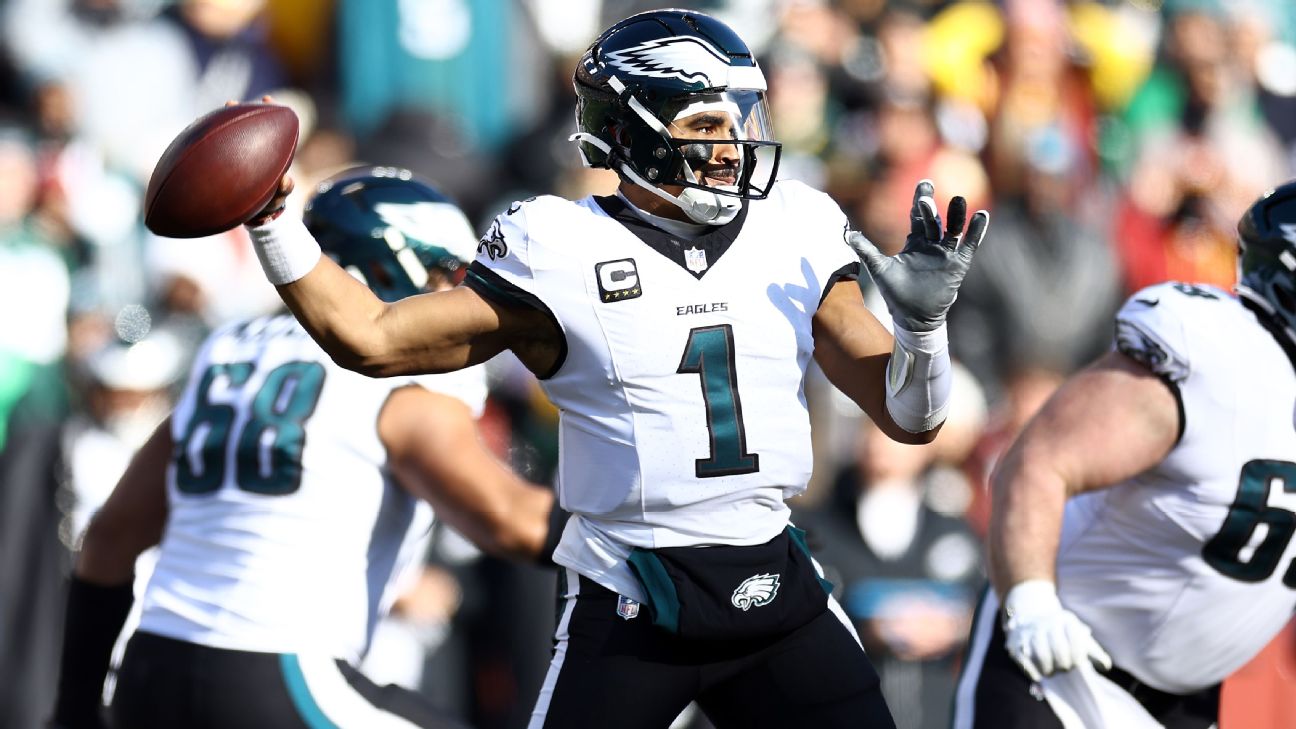Should your kids take vitamins and supplements?
Many parents think they are doing the right thing when giving their kids vitamins or supplements, but some say, it could be risky.
When you hear the classic commercial say - 10 million strong and growing, every child needs a multi-vitamin.
"We all had that daily multi-vitamin right next to our plate," said Sarah Erush, the clinical manager at Children's hospital's pharmacy.
And these days, many kids get other supplements, too - vitamin D, omega 3s, Echinacea, and pro-biotics, to name a few.
Erush says "Everybody's trying to be so healthy."
She also adds that most kids don't need any supplements.
"Healthy children eating a normal varied diet, a well-balanced diet, absolutely don't need to be supplemented," says Erush.
And that includes most picky eaters.
Some medical conditions like cystic fibrosis keep kids from absorbing nutrients well, so they do need extra vitamins.
Children in vegetarian families may need more iron, which normally comes from meat.
But, even for kids needing a boost, watch the amount carefully.
Erush says, "It's very easy to overdo it in children."
Supplements often have high doses, even for adults.
It's not uncommon for kids to get too much iron, zinc, copper, selenium, folic acid, or vitamins A & C.
Erush's biggest worry is quality.
Prescription drugs must prove to the FDA they are safe and that they work.
Supplements don't need to do that and nobody is watching how they are made.
"They could be tainted with heavy metals, they could be tainted with pharmaceuticals," says Erush.
Although some products may say "quality guaranteed," Erush says only the "USP" or "NSF" seals ensure supplements tested by an impartial third party.
Children's Hospital only has a handful of supplements on its list of approved medications.
Erush says any parent considering them for their kids should talk to a pediatrician or pharmacist first.






